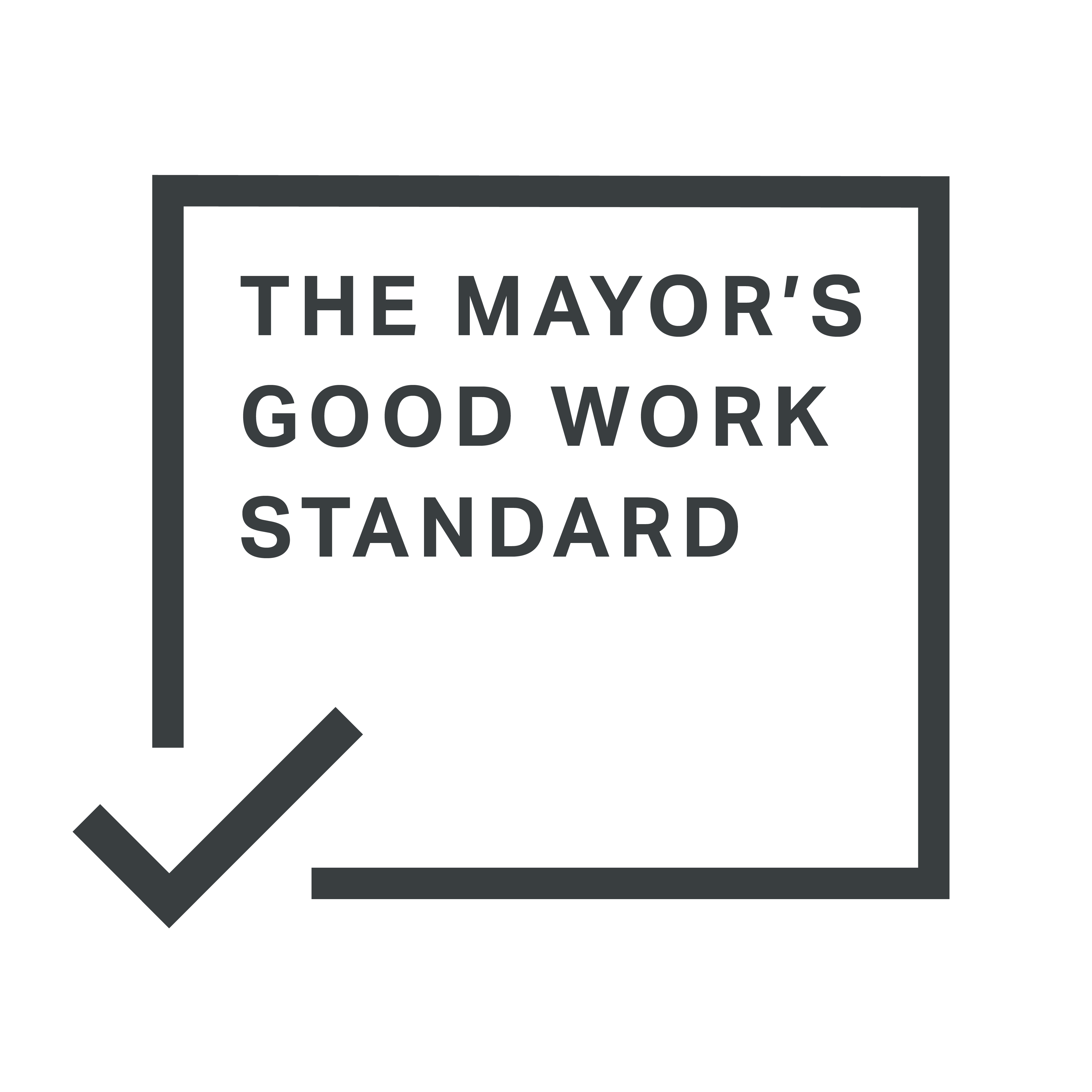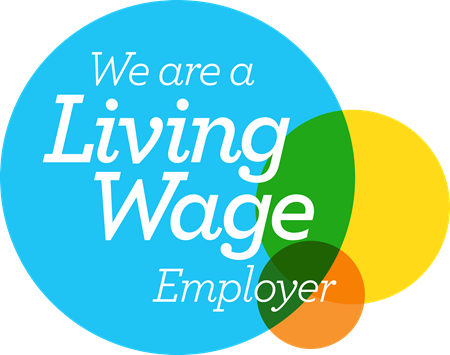23 April 2020
We have seen over the last few weeks that people who still need to travel during the Coronavirus outbreak are often changing their travel habits. This was reinforced in our recent survey work with Transport Focus. Some are driving more as they are concerned about being able to effectively socially distance on public transport, but others are walking and cycling more.
Cycling is an attractive option for many key workers to get to the hospital or supermarket they work at, particularly with reduced traffic levels. More and more people are getting on their bikes, whether they are hire bikes or bikes which had previously been gathering dust in sheds or garages. Cycle shops and cycle repair stations have seen increased demand over the past few weeks as people look to a cheap and easy way of getting around which avoids using public transport.
At a time when everyone in the country is so indebted to key workers, it is really great to see some benefits for those who have chosen to cycle, particularly those who are new to cycling or returning to their bikes after long absence. The most recognisable cycle hire scheme in London, Santander Cycles have made their bikes free for key workers to hire while the London Cycling Campaign is currently offering free membership to NHS staff. Sustrans have compiled a list of resources for key workers cycling during the Coronavirus crisis which include bike hire offers, information on bike repairs/maintenance equipment and support.
But there is more that can be done to encourage people to keep getting on their bikes, both during the current crisis and as restrictions are gradually lifted.
Cyclists need to feel safe on the roads and although traffic levels are much lower than usual, there has been evidence that some car drivers have been tempted to speed as a result, putting cyclists and pedestrians at risk. London TravelWatch has supported closing minor roads and central areas to through motor traffic, thereby improving local streets for cycling and walking. We have also called for more roads policing and police operations to remove illegal vehicles and their drivers from London’s streets.
TfL and the London boroughs have been discussing measures to increase the space for pedestrians and cyclists by closing more roads in the capital to cars. Milan is going to introduce one of Europe’s most ambitious schemes to reallocate street space from motor vehicles to cycling and walking, in response to the Coronavirus crisis. When things do get back to normal it is likely that many people will be pushing for these sorts of innovations to be made permanent so that they can build on the introduction of 20mph speed limits on all TfL roads in London.
Cyclists also need to be confident that they can keep their bikes safe when they get to home and work so there needs to be adequate secure cycle parking at transport hubs and workplaces. Unfortunately we’ve seen how some NHS staff have been unfortunate enough to have had their bikes stolen, never a nice thing to experience but particularly troubling if you are one of the vital NHS workers trying to save Londoners’ lives.
Looking ahead, it is clear that increased walking and cycling levels will help contribute to the Mayor’s target of 80 per cent of journeys being made by sustainable modes by 2041. They also offer the real health benefits of an active lifestyle and at the same time reduce levels of pollution. It would be great to see people walking or cycling the first/last part of their journeys to the station – several years ago London TravelWatch commissioned a study which showed that most outer-London residents live easily within 15 minutes’ cycle ride of at least one zone 5 or 6 station.
Next week, we’ll be talking to London’s Walking and Cycling Commissioner, Will Norman about how we can maintain the increased levels of walking and cycling that we’ve seen in the lockdown. There are a few easy wins we want to pursue around promoting cycle-rail trips, publicising cycle training and support offered by TfL and the Boroughs and providing safe cycle storage at stations. We hope that Londoners are able to reap the transport benefits and opportunities stemming from the current crisis and emerge healthier in a more sustainable future.











